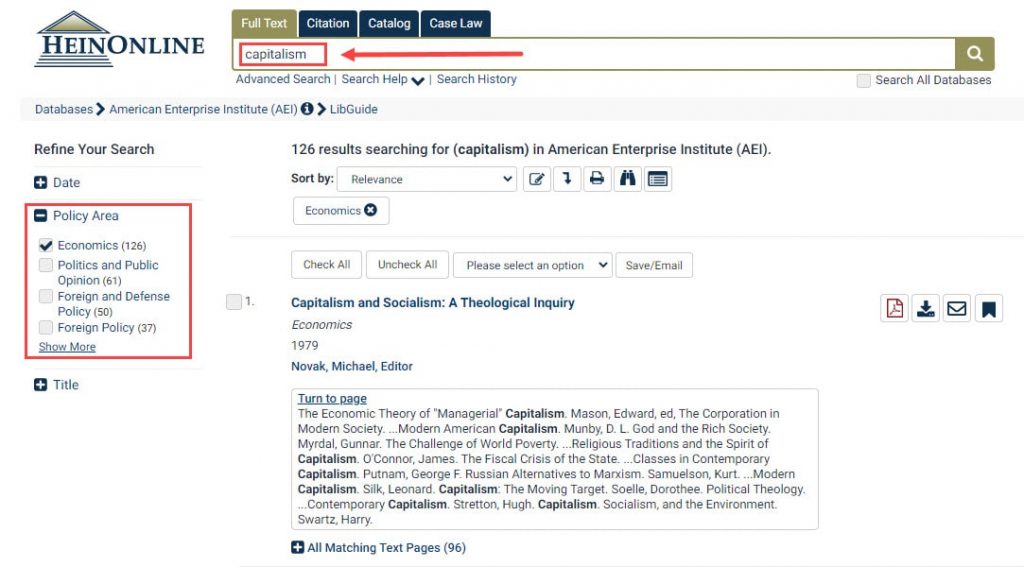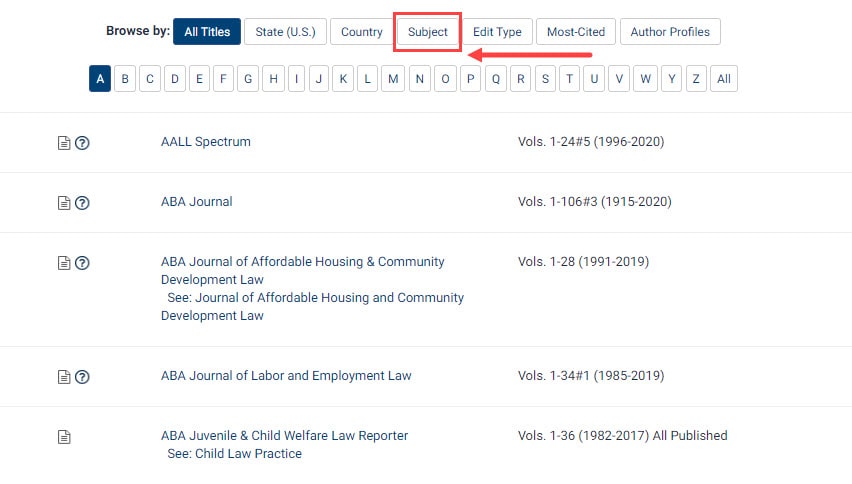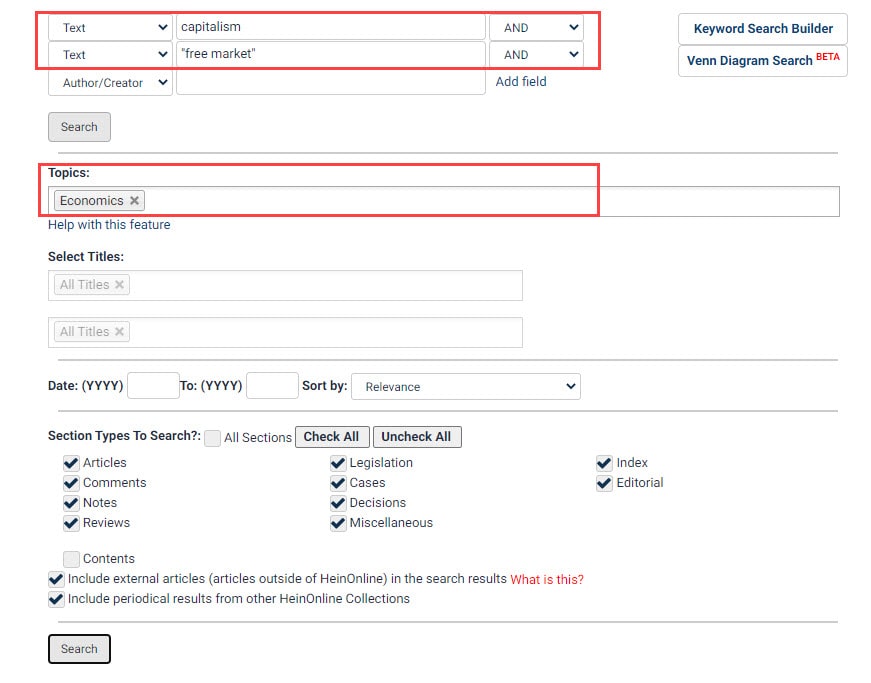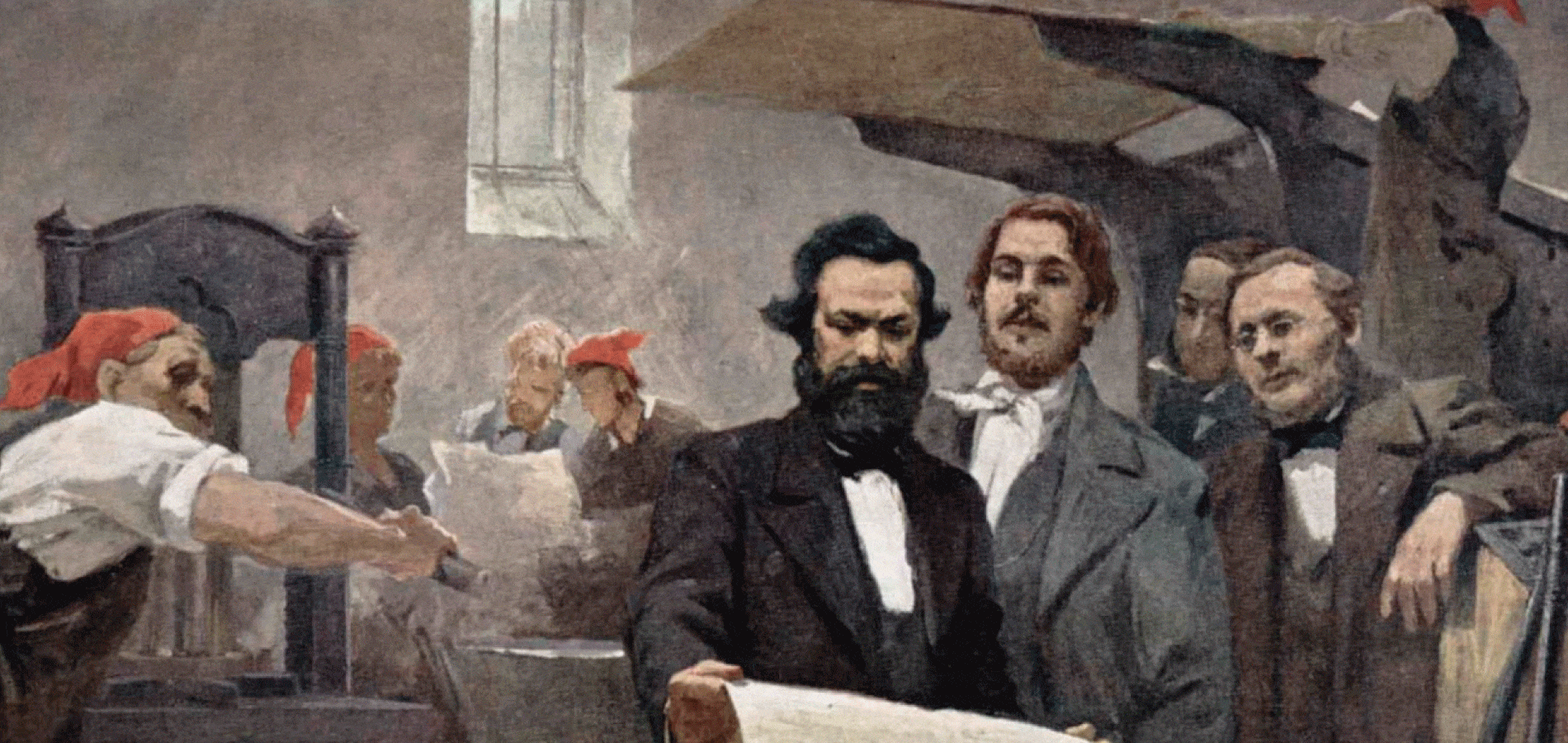This year, the United States economy has rapidly deteriorated, primarily due to the COVID-19 pandemic. Throughout the spring, the U.S. unemployment rate skyrocketed to nearly 15%. Though the past two months have been geared toward recovery (mainly through the creation of jobs), the Congressional Budget Office projected just two weeks ago that unemployment will still be above 10% by the presidential elections this fall.
It is no question that the candidates’ stances on the economy will thus play a significant determining factor come November. Until that time, be prepared for more in-depth discussions of the economy in the news, on our social media, or around the dinner table.
You’ll likely hear mention of different economic systems, economic theories, and principles—but what do these terms actually mean? Join HeinOnline as we provide an overview using the databases below. Start your trial today so you can follow along!
Types of Economies
Alongside the growth of each country around the world has been the development of a unique economic structure. Similar but never quite exactly the same as the next, each economy is made up of guiding principles that determine the production, distribution, trade, and consumption of goods and services, both inside and out of the country’s borders.
Experts have categorized economies around the world into four types: traditional; command; market; and mixed.
Traditional
Typically established by societies that are nomadic or depend on hunting, gathering, or agriculture, traditional economies base their decision-making structures on their cultural values or beliefs. Centered around a smaller family or tribe, production is solely determined by the needs of the group, meaning a surplus of goods is rare and that money or a system of currency are unnecessary. As a result, when this type of group engages in trade, they rely on a barter system.
While traditional economies still exist today in some African, Asian, and Middle Eastern countries, economists tend to believe that this system is more foundational, and will ultimately evolve into one of the other three systems.
Command
A command economy is characterized by a central authority that makes all economic decisions. Either this authority (typically a government) or a collective owns all land, and the authority establishes all economic laws and regulations, allocates all resources, and owns all monopolies. The government decides what will be produced, how it will be produced, what prices will be charged, and how much workers will be paid.
This economic system allows the government to quickly and efficiently transform its society in accordance with its overall plan. Governments under this system have the ability to nationalize private companies, assess the skills of workers and reassign their jobs, and proceed with massive projects, without worrying about legal backlash.
On the negative side, because the command economy allows a central authority to control all, it means that citizens are beholden to that authority’s plan, whether or not it is beneficial to society. This can lead to the creation of a “black market” (a way to trade goods that the economy isn’t producing) and can discourage overall innovation and growth.
Market
In a market economy, prices, production, and distribution are determined by the laws of supply and demand. Goods, services, and property are privately-owned, for the most part, and the owners have the right to profit from that ownership. Those selling a product, property, or even their own skills do so at the highest price a consumer is willing to pay. In turn, consumers look for the best product, property, or service at the lowest possible price. When the government doesn’t intervene in any way in the market (for example, via price fixing) the economy is characterized as a “free market.”
Free, competitive enterprise is the ideal system to ensure that what is supplied is exactly what consumers demand, and that the price of goods and services reflects their true value to society. The free interplay between buyers and sellers encourages the creation of innovative new products to beat out the competition in meeting the needs of society. The efficiency with which the product is created and distributed as well as its ultimate quality are also greater in a free-market economy, as businesses have a reason to be the most effective provider of their product.
On the downside, because the market economy is fueled by competition, it can leave behind those who are at a disadvantage. In this system, the market could then ultimately reflect the values of the most successful, rather than society at large.
Mixed
Most economies in the Western world are mixed—an amalgamation of market, command, and traditional systems. This structure allows countries to benefit from the advantages of each system, while mitigating their disadvantages.
Mixed economies generally protect private property and follow the laws of supply and demand, as in the market system. Aspects of the command economic system come into play when societies allocate particular industries to the government’s control, such as healthcare, banking, or the production of energy. Characteristics of a traditional economy become evident in practices such as taxpayer funding of royal families, or investment in the hunting and fishing industry.
In much the same way as a market economy, mixed economies benefit from encouraging competition and rewarding innovation. The disadvantages of all societies could manifest, however, depending on what the society in question holds most important. For example, if true freedom in the market is held most important, those at a competitive disadvantage will suffer without government support. If government control of certain industries is used to level the playing field, it could mean lower efficiency, a lesser-quality product, and slowed economic growth.
Currently, the Constitution has led the United States of America toward the establishment of a mixed economy. Private property is protected by the Fifth Amendment, and government interference in business is limited. However, at the same time, the Constitution encourages government promotion of the general welfare of its citizens, meaning that the U.S. can utilize aspects of a command economy when necessary.
Understanding Economic Ideologies
Various economic ideologies (and sub-ideologies) have arisen over the years to explain the theory behind the systems described above. These days, the names of nearly all of these ideologies have become “dirty words,” depending on the political climate of the discussion. Let’s clear the air and get down to what some of these terms actually mean.
Capitalism
Capitalism is characterized by private ownership, where owners control the factors of production and derive their income from it. Owners compete against others in their industries to sell goods at the highest possible price while keeping costs as low as possible. This competition stabilizes prices while keeping production efficient. By nature, capitalism works best in a free market economy; however, this system would naturally suffer the drawbacks of such an economy—namely, the inability of those at a competitive disadvantage to get ahead.
Laissez-Faire
The laissez-faire theory of capitalism dictates that government should, for the most part, refrain from interfering in the economy, with its main role being to protect the free market and prevent the unfair economic dynamic created by monopolies and oligarchies.
Social Market
Advocates for a social market economy prescribe capitalism in terms of establishing a free market, but while also allowing for the interference of the state for the purposes of social welfare (providing unemployment benefits, social insurance, etc.).
Neo-Capitalism
Neo-capitalists differ from standard capitalists in that they emphasize government intervention in the economy to bail out companies whose destruction would be a risk to the country’s stability.
Socialism
In a socialist economy, every member of society theoretically has equal ownership of the factors of production—natural resources, labor, capital goods, and entrepreneurship—as well as an equal share of the economic output. Based on the belief that human nature is inherently cooperative (rather than competitive), everyone in a socialist society receives a share of profit based on their own contribution, after a portion has been deducted for the common good. Meanwhile, those who cannot contribute are provided for. To facilitate the system, the government controls resources and allocates them where necessary, as in a command economy. Socialism thus eliminates poverty and provides equal access to services like health care and education, but opens itself up to the disadvantages of a command system—total government control over the economy that leads to decreased growth, little innovation, and potential economic instability.
Fascism
In terms of economics, fascism incorporates elements of both capitalism and socialism. Fascist economists advocate for self-sufficiency and individual profit, but promote government subsidies of corporations. Fascist economics thus supports a blend of both private and public ownership over the means of production—there is an emphasis on private profit, but at the same time, the national interest is ultimately more important.
Communism
Though much more than just an economic ideology, Communism promotes very specific viewpoints in terms of economic systems. Similar to socialism, a communist society allows the factors of production to rest in the hands of the people. However, in such a society, the economic output is distributed to each according to their need (whereas in a socialist society, it is distributed to each according to their ability or contribution). Communism eliminates income inequality and poverty this way, but suffers from the disadvantages of a command economy—the needs of the consumer are easily ignored or forgotten, leading to decreased innovation, slowed economic growth, and potential economic instability through the creation of black markets.
Researching Economics in HeinOnline
The American Enterprise Institute
Last month, HeinOnline was pleased to announce a new database, the American Enterprise Institute, dedicated to researching the free enterprise system in America. The American Enterprise Institute was founded in 1938 for the purpose of “bringing about a greater public knowledge and understanding of the social and economic advantages accruing to the American people through the maintenance of the system of free, competitive enterprise.” A nonpartisan public policy think tank based in Washington, D.C., AEI scholars conduct original research that advocates for free enterprise and focuses on the world economy, U.S. foreign policy and international security, and domestic political and social issues.
Users have access to nearly 1,500 titles from the Institute, covering 20 different policy areas and including research fueled by rigorous, data-driven, and broad-ranging evidence. From within the database, perform a search for a keyword we’ve mentioned in this post, such as capitalism. Refine the search by the policy area of “Economics” to find more than 100 related results, including:
- Capitalism and Socialism: A Theological Inquiry
- Denigration of Capitalism: Six Points of View
- Market Mechanisms and Central Economic Planning – *new*

Taxation and Economic Reform in America: Parts I, II, and III
For a historical perspective on the U.S. economy, check out our Taxation & Economic Reform in America series—Parts I & II and Part III (History of Bankruptcy). In April, we merged the two separate databases into one package, providing customers with huge savings by eliminating the cost of History of Bankruptcy (a value of $1,400.00).
This digital historical archive brings more than 300 years of legislation to your fingertips. Totaling nearly 20,000 volumes and nearly 5 million pages, these databases allow researchers to search across economic policies and reform, as well as hundreds of related legislative histories dating back to 1700.
Perform a search in the main search bar for the term socialism. Find more than 1,200 related results, including:

The Law Journal Library
To expand your research beyond these publications, use subject browsing and topic searching in the Law Journal Library. A number of scholarly works are available that discuss economic ideologies, analyze economic theory, and consider their applications in economic systems around the world.
Start by locating those journals in HeinOnline that have been categorized under a relevant subject. Enter the Law Journal Library and select the Subject browse option.

Users will find the subject of Business/Economics to be most relevant. HeinOnline holds more than 150 journals categorized under this subject, including titles like Journal of Law, Economics & Policy, George Washington International Law Review, and Innovation Policy and the Economy.
Next, locate content relating to economics at the article level. Perform an advanced search for a relevant term and then narrow your search using more than 1,500 machine-learned topics in HeinOnline. In the example below, we’ve chosen to research the concept of the free market within capitalism under the topic of “Economics.” Check out the results here.

Find thousands of results, including:
- Capitalism and Risk: Concepts, Consequences, and Ideologies
- State Capitalism Comes of Age – The End of the Free Market
- To Bail out or Not to Bail out: Moral Hazard and Other Ethical Considerations
- A Vision of Global Capitalism That Puts Women and People of Color at the Center
Like what you see and want more? Discover fascinating historical content, exciting HeinOnline updates, and useful tips and tricks when you subscribe to the HeinOnline Blog. Brighten up your inbox by following the link below!



